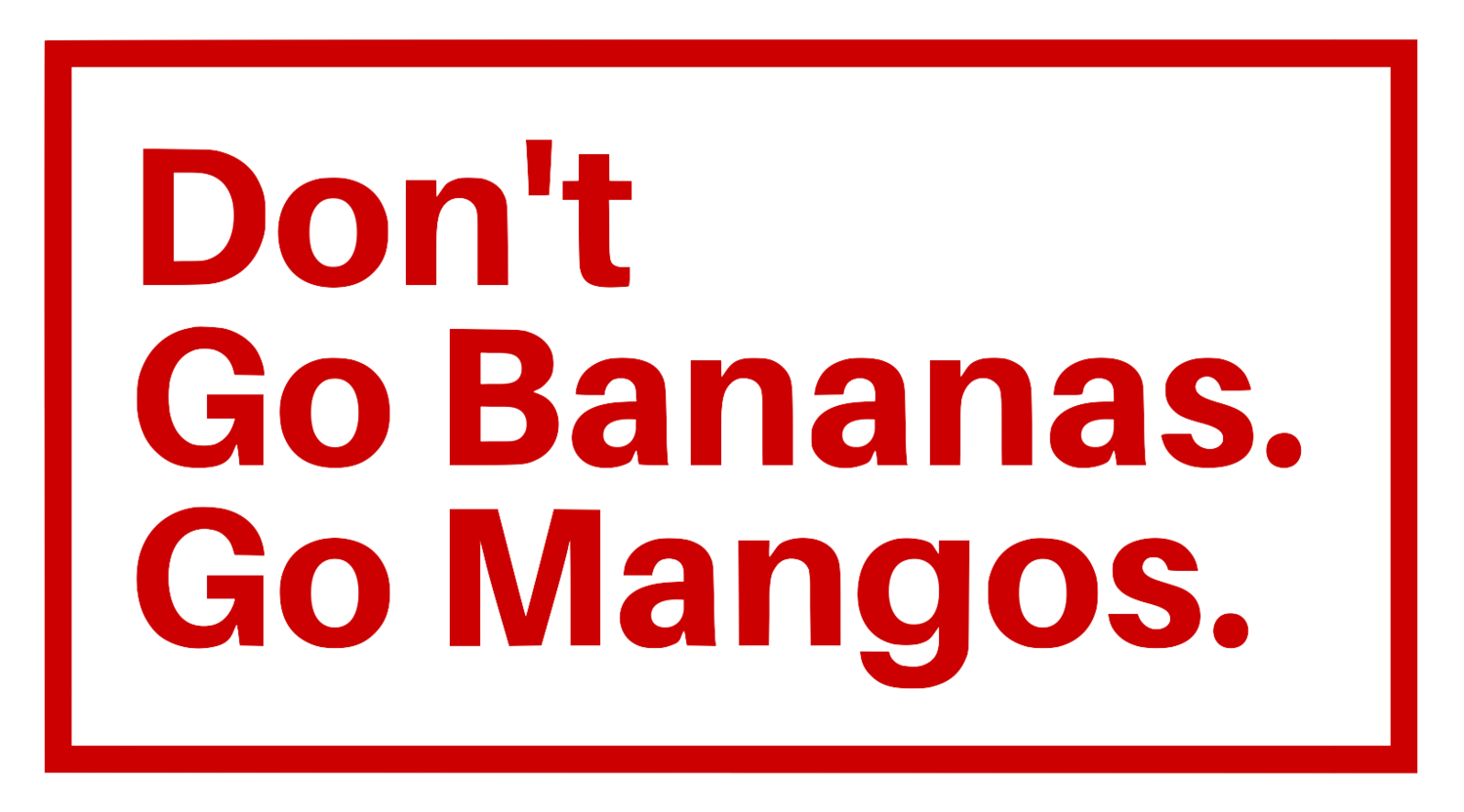I do a lot of my best thinking when I’m either in the shower or driving. For someone with great computational brains and an awful hard drive, this means a lot of my brilliant ideas (well, at least to me) never survive the shower or the drive. Although, I did just come out of a drive where I spent some time remembering an experience where I bought skis recently. The actual buy means nothing, though there are some real lessons from the way I remember how that all went down. Spoiler alert: when we make decisions, we do research and make a decision with at least some confidence. That’s how we decide (I just discovered).
Let me walk you through this simple buy and you’ll see what I mean, and how it applies to EVERYTHING!
I was going to the west coast (pre-Covid) to ski. I’m a snowboarder, and I decided I wanted to get back into skiing. I didn’t want to rent, so I decided to buy. That was step 1.
Next step was to go to the ski shop, check out skis, compare features and prices.
I wanted none of this. This is not how I enjoy spending time. In fact, I mostly hate shopping. I am great, though, at making decisions. I know this now as I reflect: I relied on others to do the things I didn’t want to do.. the research, the comparison, the pricing, the sizing. I really just wanted to get involved when it came time to walking to the cashier to buy and take the skis with me. Whatever those skis were.
The sales rep helping me was probably a minimum-wage (or slightly better) paid employee. He saw that I didn’t know enough to make a decision on my own. So I took his advice. On everything. The length of ski, the type of ski, the colour and price, the boots, the poles. You name it.
I bought it all on the spot.
I clearly trusted him with my wallet. I guess, looking back, I had to decide if I cared enough to learn about all of this stuff myself or if I was going to trust someone who convinced me he knew more about what I needed than I knew myself. He took over the research and selection part for me, and clearly I was fine with that.
The research had to be done, and I outsourced it.
Now that I’ve skied with this set a few times - maybe I would have made another choice if I personally had any part of deciding. Honestly, it’s fine though. I’m ok with the trade-off. I’ll never really know if what I bought was the right or the wrong thing for me. And here’s the thing: I don’t care! I don’t live in regret that way, ever.
I decided. I made my choice back then. Many of you will have never heard me say “I wish I [fill in the blank]…], because I don’t live there.
So, here’s what I learned about myself and about us - and how we decide. I can say, also with confidence, this is how I see things across any decision (yes, including big real estate decisions):
When we set out to do something new, we want to learn about it first
The bigger the stakes, the more time we spend learning and researching
Researching goes on and on, at our own pace, in scale with the cost of the decision. The higher the stakes, the longer the decision - often.
When we know enough, we should make the decision so that we can move on and start enjoying it, and then focus on our next decision.
If we stay in research mode too long, at some point, we become indecisive. And this is where there are diminishing returns. The classic “over-thinking” pushed us too far, and now we can’t come back. We’ve spent sooooooo much time thinking about it, if we make the wrong choice now it’ll be a total disaster! Yikes! When this happens, the safest decision is to not decide. You can’t make the wrong decision if you don’t make one.
Here’s what we don’t often consider: choosing NOT to decide is in itself a decision, and it’s often the wrong one.
Keeping it simple, if I had to point to one thing above all us in creating personal wealth financially, it’s the fact that I decide. I make decisions. Right or wrong, I never beat myself up about it, and I’m right far more than I’m wrong.
I look at all the reasons why I should do something, sure. And of course I look at the reasons why I should NOT. I just won’t spend all my time in the “NOT” category, thereby missing or losing an opportunity. Because that’s what happens. I refuse to spend more time figuring out why something great may fall apart if Jupiter and Mars are in the 3rd quadrant, when I know it’s way more likely that all the good things I’ve found out about are going to make my life better than they are worse.
Yes, of course, sometimes I’ll be wrong. We all will. If you go into a decision with clarity, though, and you’ve looked at the good and the bad - I think it’s important to stop yourself from looking for reasons why you shouldn’t when you should. Or worse, being indecisive.

